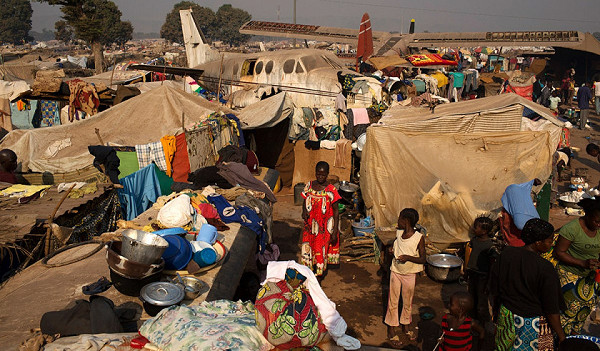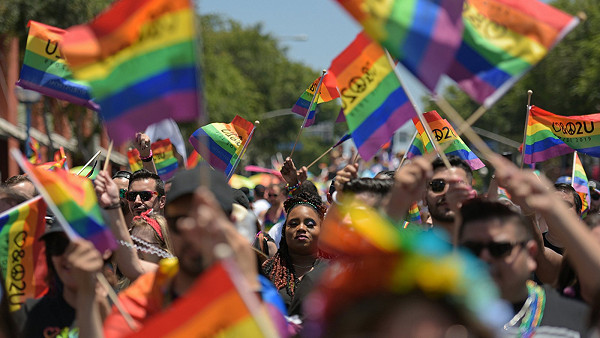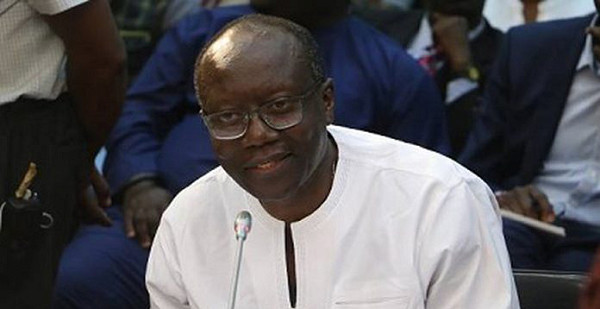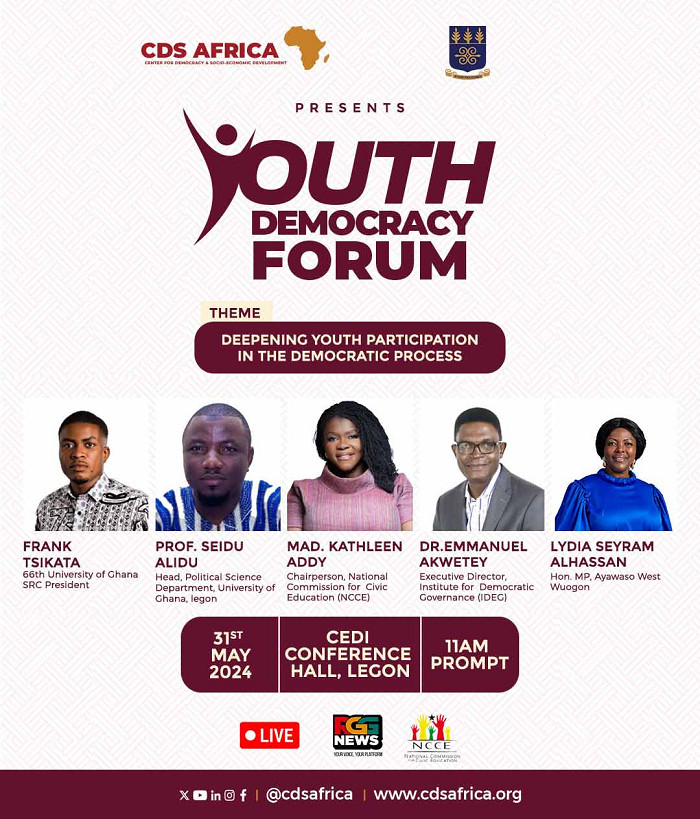The death of Yevgeny Viktorovich Prigozhin the leader of the Wagner Group, in August 2023 has prompted widespread speculation about the future of Africa's security landscape and the internal dynamics of the Wagner Group itself.
The independent Russian mercenary para-military organization has been deeply involved in providing security and supporting military activities in various African countries, particularly in sub-Saharan Africa, where issues like Islamic insurgency and political unrest have persisted for years. These services are often rendered in exchange for valuable commodities or resources from the host countries.
However, the Wagner Group's operations in Africa have drawn sharp criticism from Western powers and African leaders alike, who view its activities as detrimental to the continent's democratic progress.
A report titled "The Blood Gold Report," published by Democracy 21 in December 2023, shed light on the extensive and adaptive nature of the Wagner Group's activities in Africa, particularly its involvement in gold mining operations and smuggling networks.
In response to Russia's actions in Ukraine, democratic Western powers have imposed sanctions on the Wagner Group and other Kremlin-linked entities. Despite these sanctions and the financial strain resulting from Russia's war with Ukraine, the Wagner Group's revenue from African operations has become increasingly vital to Russia’s economy.
Russian involvement in Africa extends beyond mere military operations. There have been allegations about internal documents that reveal efforts to influence mining laws in West Africa, with the aim of displacing Western companies and gaining control over strategic resources. Critics have said that this strategic maneuvering is part of a broader effort by the Russian government to expand its influence in Africa and secure access to critical resources.
Following Prigozhin's demise, control of the Wagner Group's African operations was transferred to Russian military intelligence, under the leadership of General Andrey Averyanov, signaling a deeper integration of Russian state interests in the region. The newly formed "Expeditionary Corps" continues to engage with African leaders reassuring them of Russia's commitment despite Prigozhin's death.
The Wagner Group's presence has reshaped security dynamics in countries like Mali, where Russian forces have replaced French security operations. However, concerns have been raised about human rights abuses allegedly committed by Wagner forces, highlighting the ethical implications of their operations.
Economically, the Wagner Group's activities in Africa have focused on securing valuable natural resources, such as gold and uranium, to cover operational costs and generate revenue. Russia's pursuit of resource extraction and strategic control poses challenges to Western interests and regional stability.
Overall, the rise of the Wagner Group in Africa represents a complex intersection of geopolitical maneuvering, economic exploitation, and security concerns. As Russia expands its influence on the continent, Western powers face the challenge of countering Russian aggression while promoting democratic values and stability in Africa.








Write a Comment